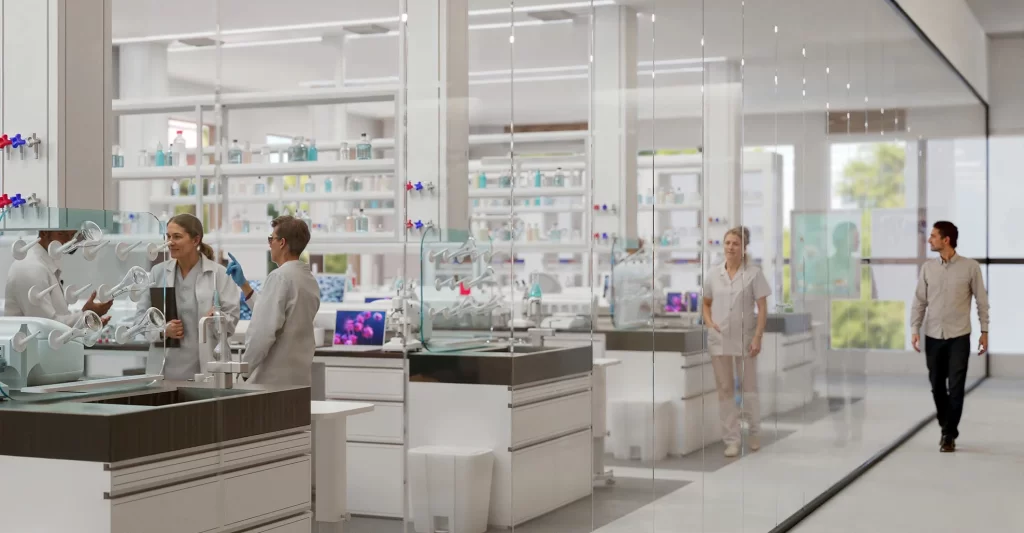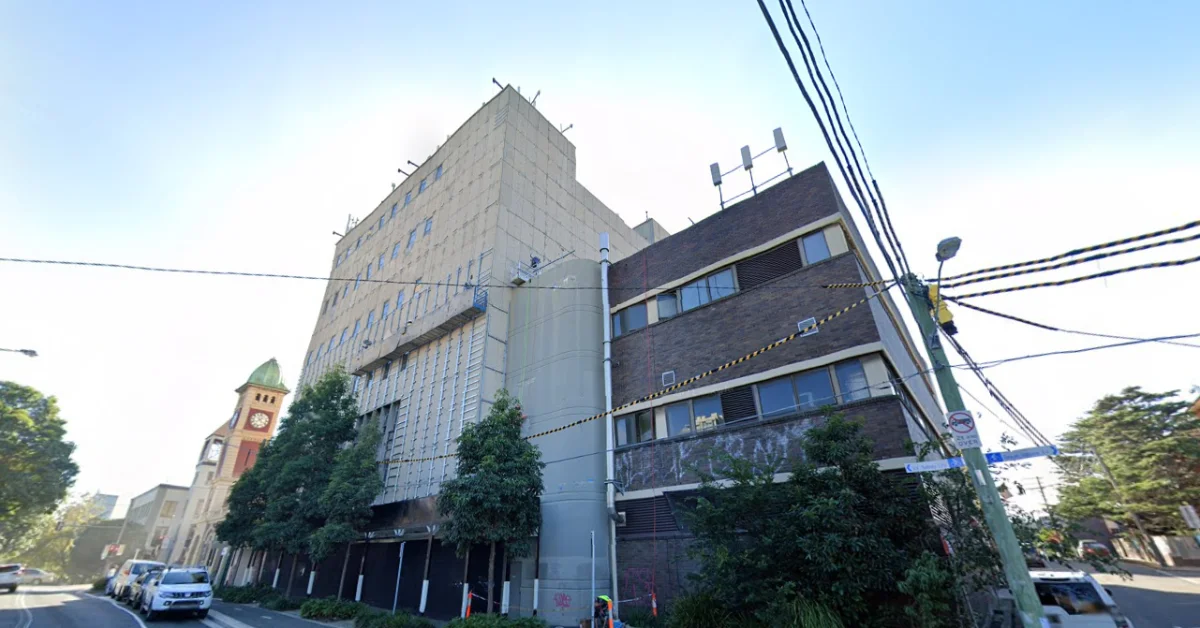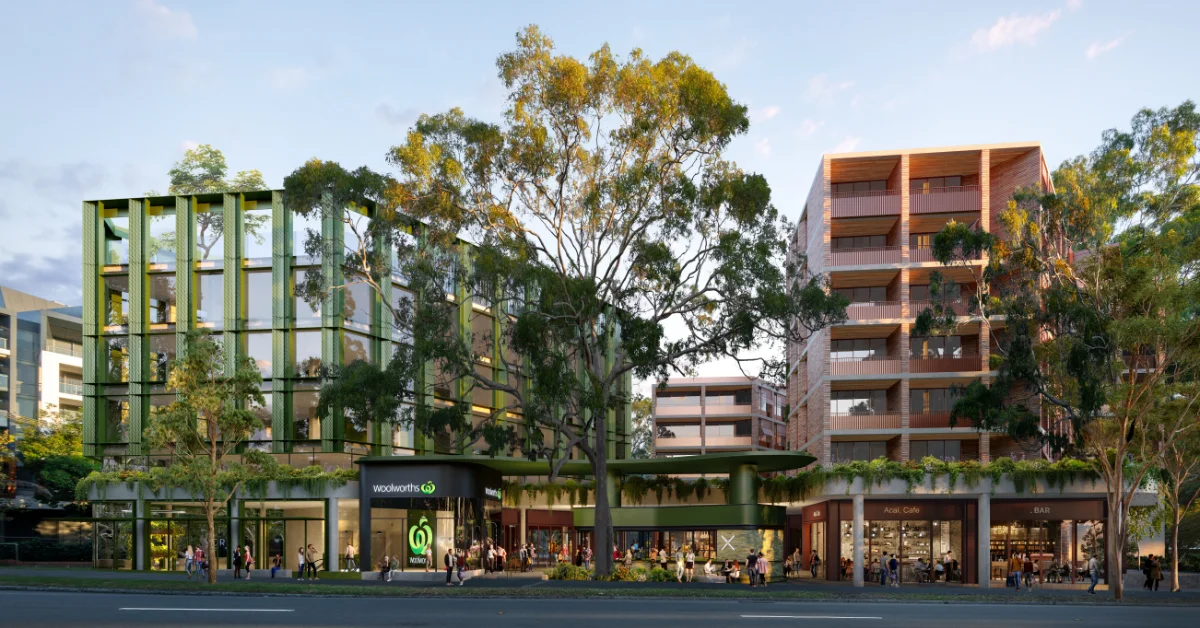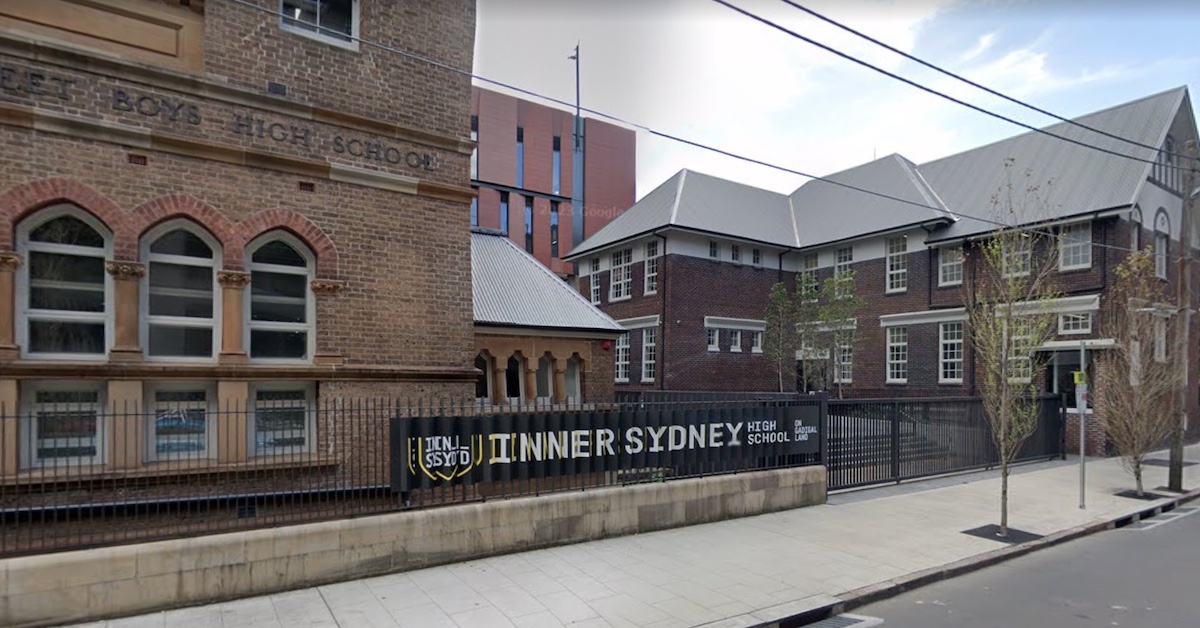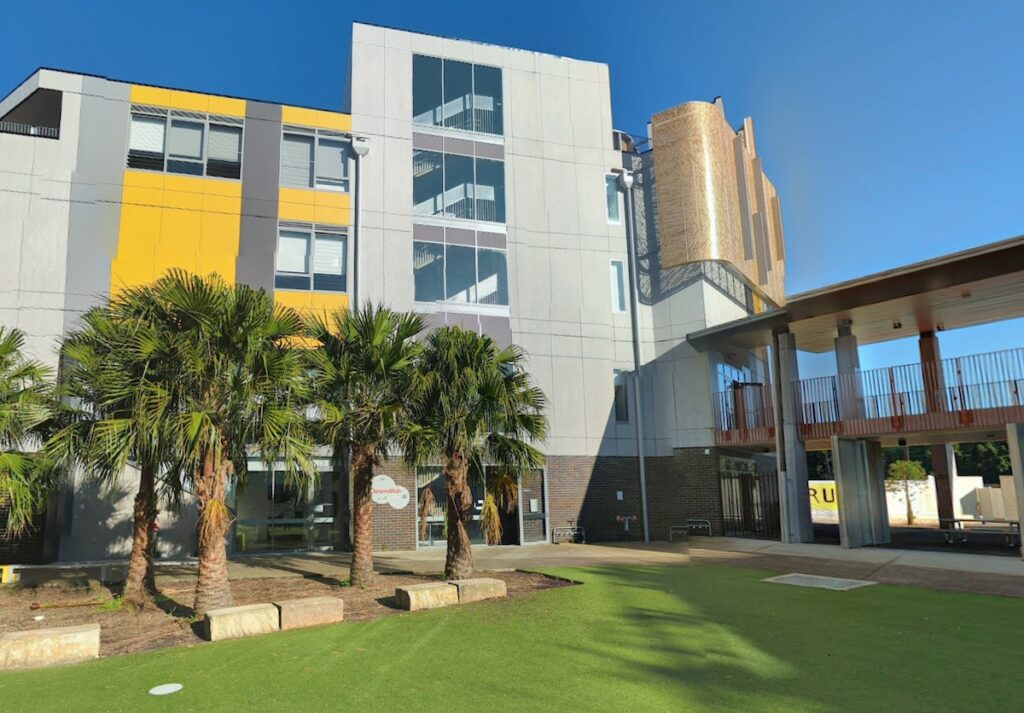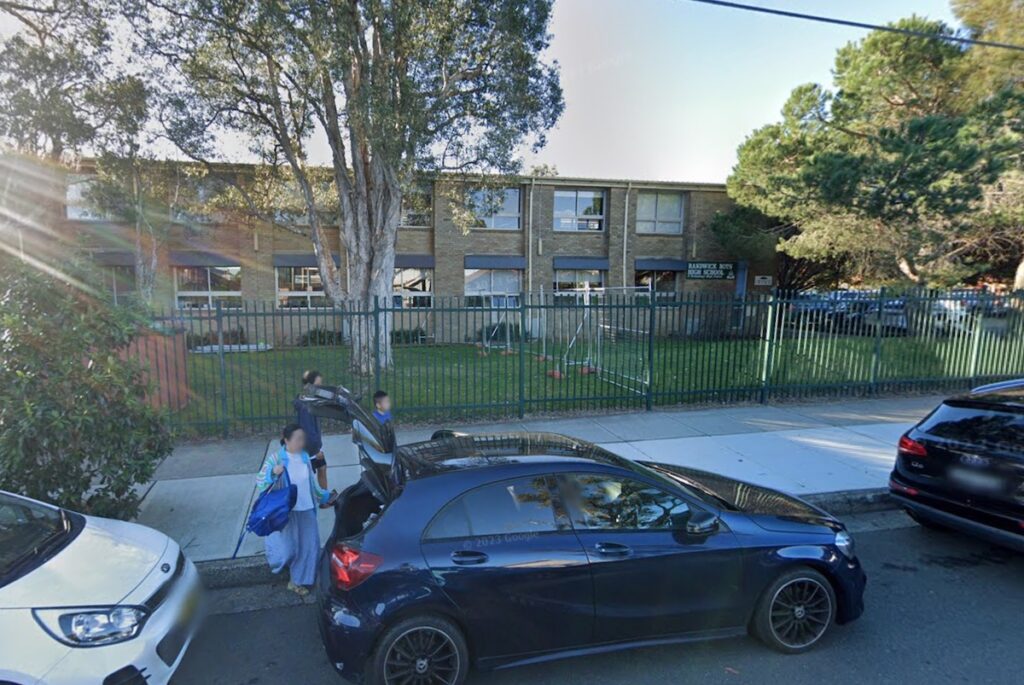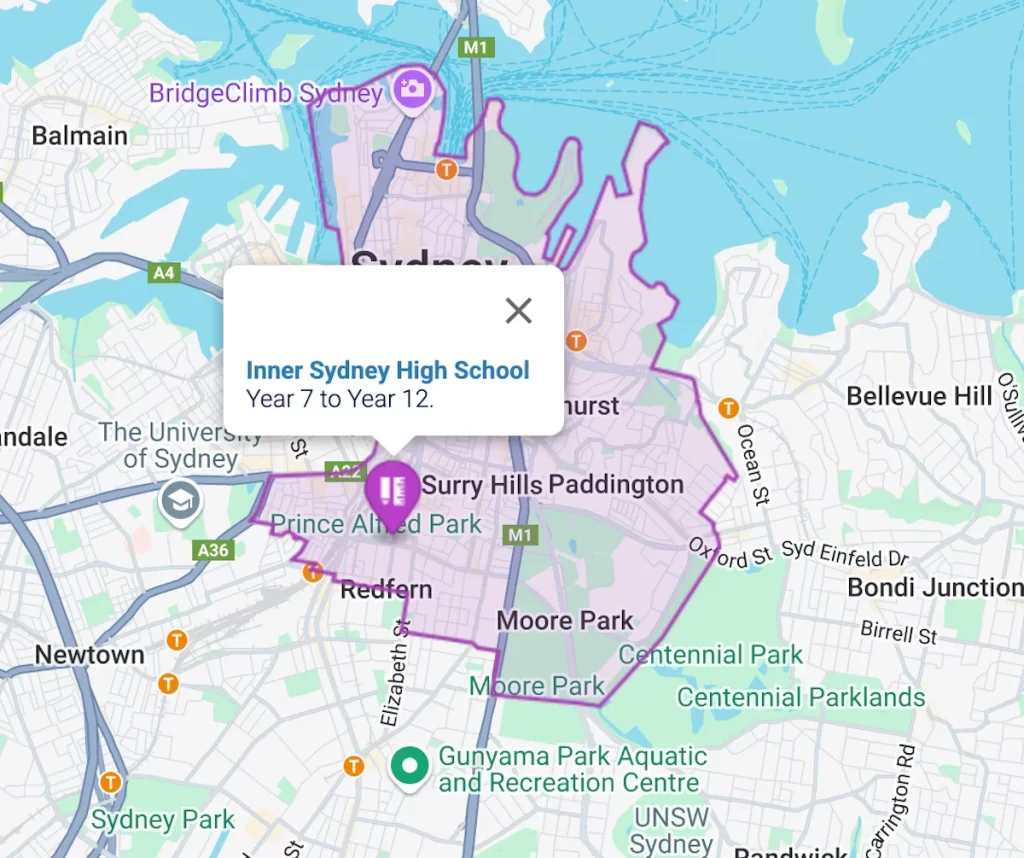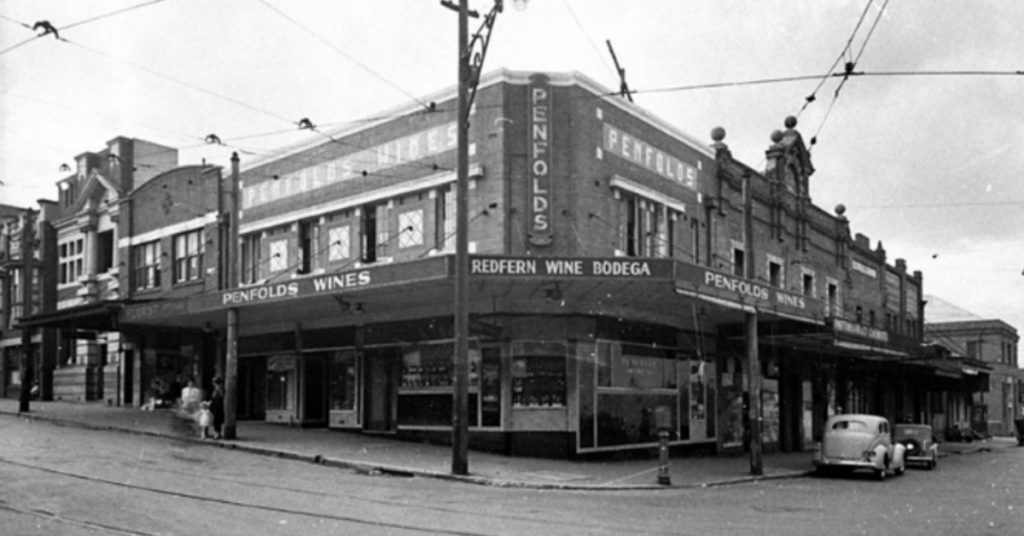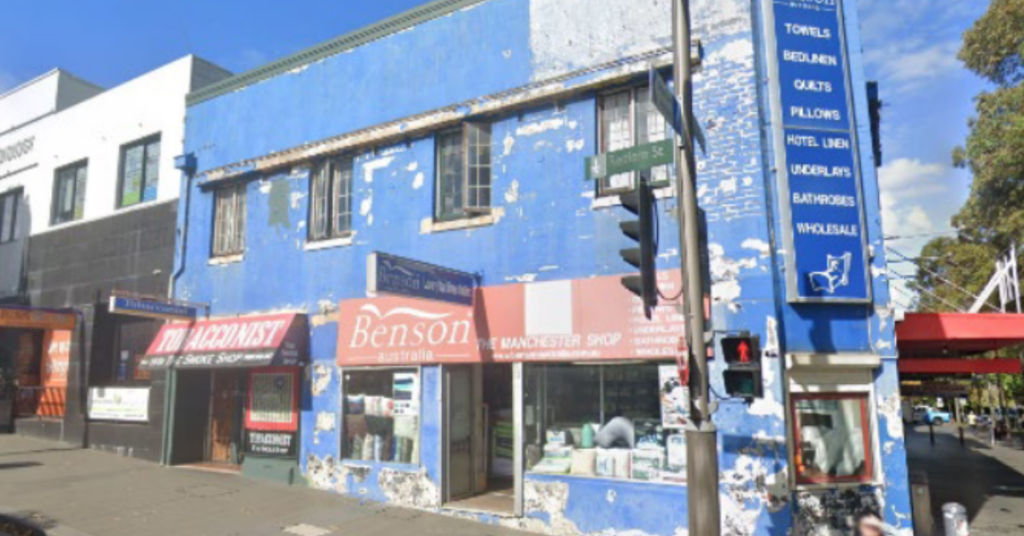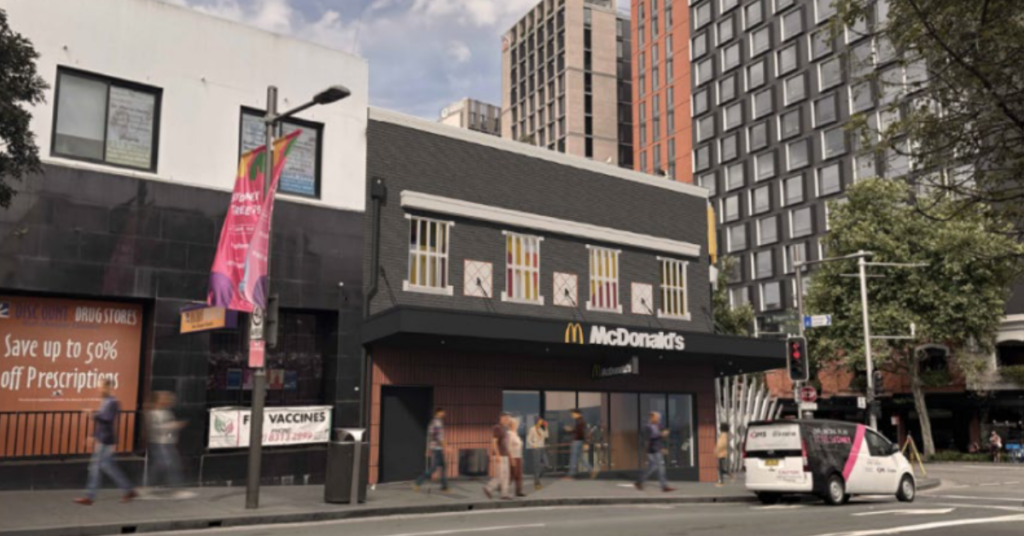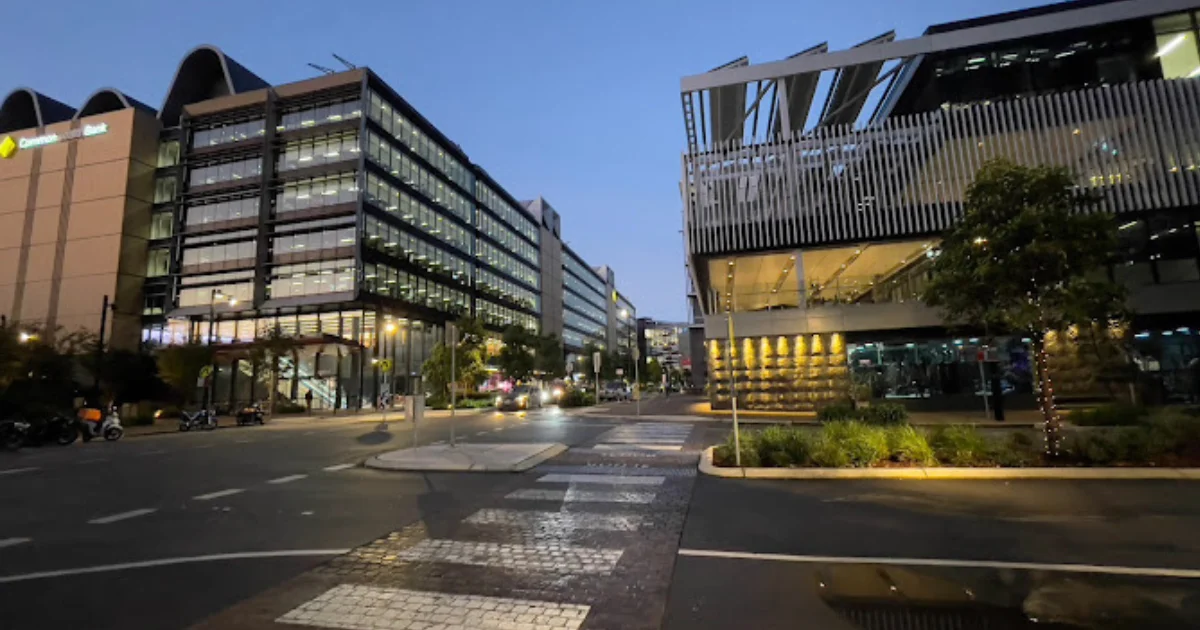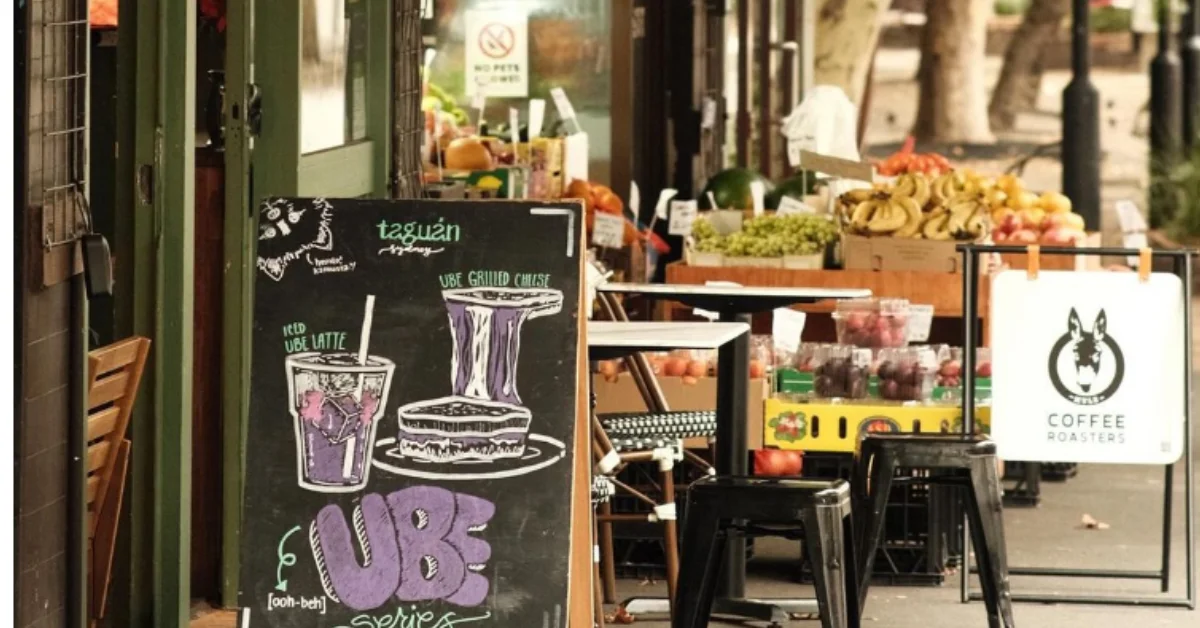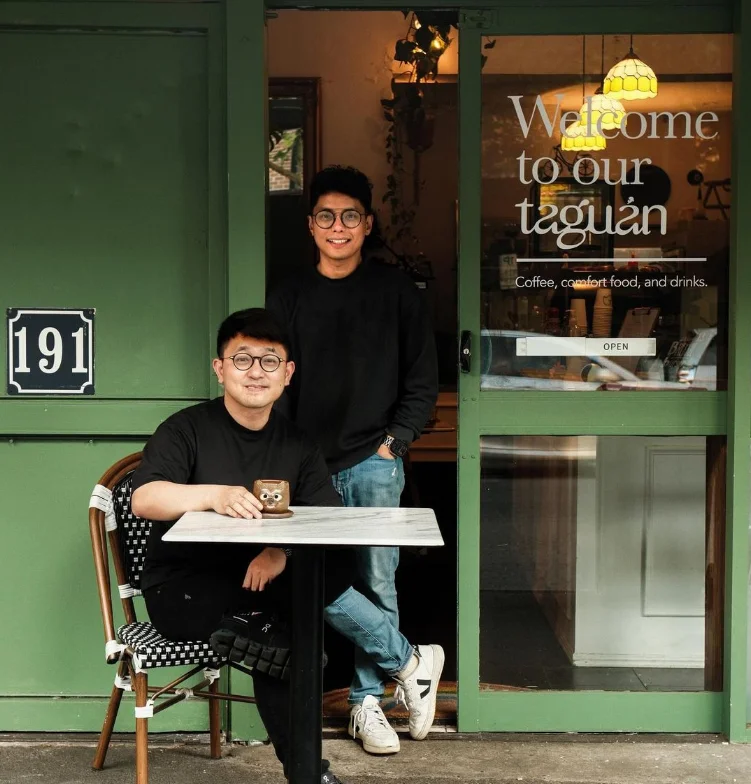A new player has entered Sydney’s bustling dining scene, and it’s setting its sights on becoming one of the city’s best-value banquets. Welcome to Island Radio, a vibrant Southeast Asian-inspired restaurant and noodle bar that’s already making waves in Redfern.
Read: Taguan Cafe: Redfern Filipino Hideaway Serving the ‘Second-Best Adobo’
A Taste of Southeast Asia
Opened in November, Island Radio is bursting with colour, music, and an inviting laid-back atmosphere, making it the perfect spot to unwind and indulge in bold flavours.
At the Noodle Bar, diners can pull up a stool from Wednesday to Friday as drinks start pouring at 4:00 pm, with the noodle action kicking off from 5:00 p.m. The menu boasts a tempting lineup, including spicy pork noodles with sambal matah and garlic shoots, and the must-try sambal fried rice loaded with calamari and prawns—smoky, spicy, and packed with flavour.
For those craving a more extensive feast, the Eating House delivers with a menu crafted by Chef Andy Wirya (formerly of Bondi’s Easy Tiger), drawing inspiration from Singapore, Malaysia, Indonesia, and the Philippines. Great value abounds with a $39 three-dish lunch menu and a six-dish banquet starting at just $44.50. Wines start at $10.50 per glass, while spicy noodle bowls begin at $15, ensuring top-notch dining without the hefty price tag.
Cocktails, DJs, & Private Karaoke
Island Radio isn’t just about the food—it’s quickly gaining a reputation for its tropical-inspired cocktails and zero-proof refreshments. Whether you’re sipping an ice-cold beer or diving into a bold new cocktail, the drinks menu delivers perfect summer vibes.
If you’re after a little more action, Thursday to Saturday nights bring a live DJ into the main dining room, creating an electric atmosphere. Or, if you’re in the mood for a private party, their 12-person private dining rooms come equipped with a karaoke lounge, setting the scene for an unforgettable night.
Read: Get Ready for Sana: South Eveleigh’s New Healthy Dining Destination
With its dynamic energy, bold flavours, and unbeatable value, Island Radio is already shaping up to be Redfern’s newest go-to dining spot. Whether you’re after a quick noodle fix, a banquet feast, or a night of drinks and music, this lively venue has you covered. Pull up a stool, grab a cocktail, and let the good times flow.
Published 17-February-2025






